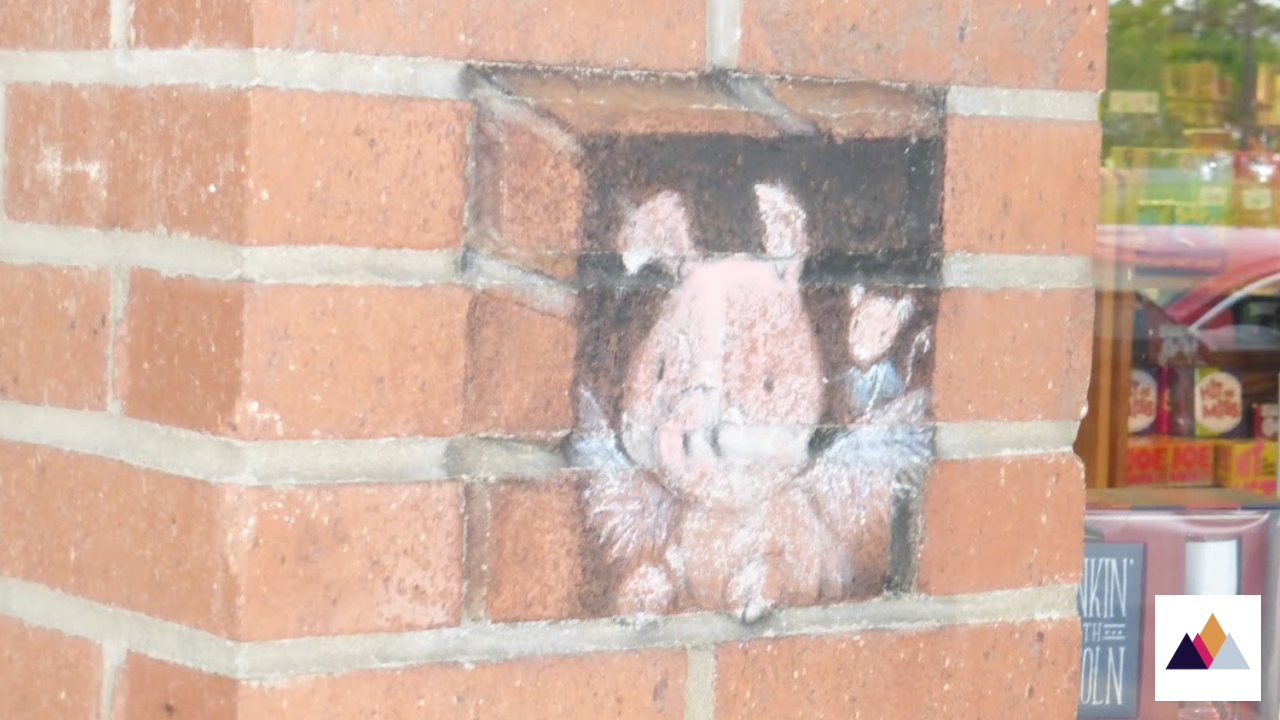The logic of letting your child win.
Jun 16, 2023
|
Last Friday during my son’s occupational therapy session, his therapist and I exchanged knowing glances, trying to hide our smiles. I had just gathered myself up off the floor after intentionally falling multiple times as I - once again – deliberately lost a raucous tug of war game with my son. We had spent most of the session pulling our bodies in opposite directions - bright blue Lycra fabric tied around our waists – and him hysterically laughing as he pulled my body over the line on the floor mat, feeling strong as I fell once again. (I made one of my falls so dramatic that my son’s service dog ran over and gave me the “lay” command, thinking that I was having a panic attack. Good pup!) As my had son pulled away from me the last few times, his therapist began throwing him weighted balls, and then finally introduced a cognitive game – naming his favorite football teams – while he integrated the heavy movement and the hand-eye-coordination. We had exchanged the glances because we both knew that my son had just seamlessly accomplished a motor planning goal on his plan of care. A goal that he would have vehemently resisted had it been introduced as a planned activity or even if he had sensed it was something we wanted him to do. Allowing my son to win every single game or competition he is in with me, his father, or his therapist over the years is a big part of what has allowed him to access being on a flag football team or racing with his friends on the playground. Sounds paradoxical, right? You might be thinking... How does allowing your PDA child to win every game or competition help them learn to play those same games or competitions with peers outside of the home successfully? Or If we let our children or teens change the rules of the game when they are losing, isn’t that just teaching them that they don’t have to play by society’s rules, making it harder for them in the long run? It’s true that according to the dominant logic of child development, therapy, and raising children, the “letting them win” approach doesn’t make any sense. The truths we have been taught are:
However, the logic of raising and supporting a PDA kid is different because it is based on a very unique brain wiring and nervous system, and it matters what part of the brain they are operating from – the survival or thinking part (see: The Whole Brain Child).
Like many of you, I wouldn’t have believed this approach. But like many of you I also hit that the rock-bottom, nothing-to-lose, nothing-else-is-working, gotta-try-something- As I allowed myself to experiment with accommodations – in this case I would label this an “Equality” accommodation - things started to shift and noticed *immediate* differences in my child’s facial expressions, the tension (or lack-thereof) in his brow, and his willingness entertain a possibility of playing something together instead of immediately avoiding or resisting. Equality accommodations are just one of the nine primary accommodations that I teach parents and can be adapted to family context and the age of the child or teen. For example, a response I often get form readers is – but it’s not fair for other kids or siblings to always let the PDA child or teen win or change the rules. I agree. That is why I would encourage you to FIRST separate 1:1 play and therapy with a PDA child and the accommodations that YOU - the parent - apply vs. what we expect siblings or peers to do. So on this Friday, I invite you to experiment with some Equality accommodations this weekend. And see what you notice. Does your child interact with you differently? Do you see them engage with joy for the first time in a long time? Is there more laughter in your household? |
Want my blog posts in your inbox?
Most weeks we send two emails. You can unsubscribe any time.

